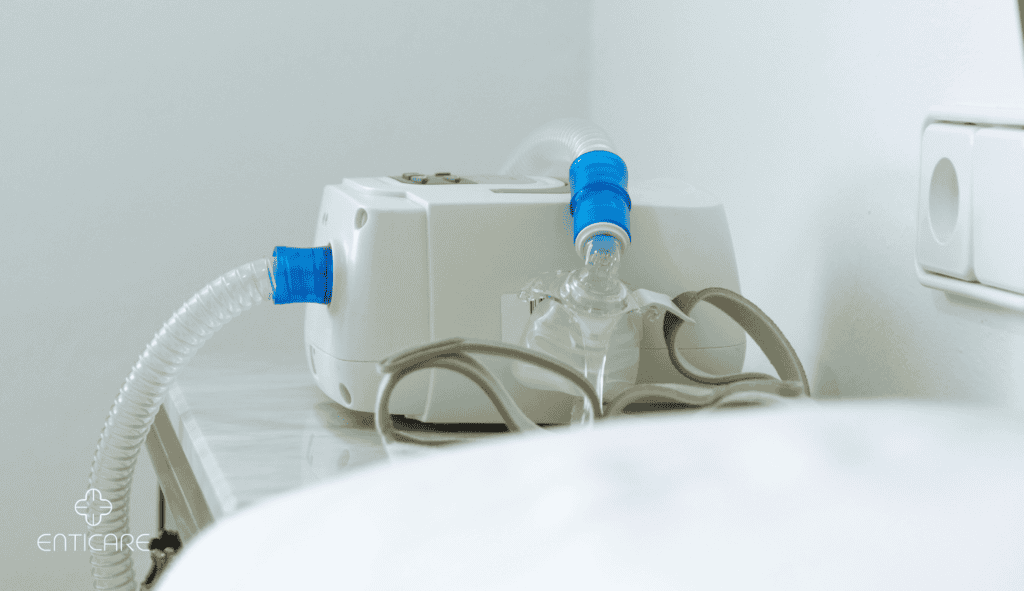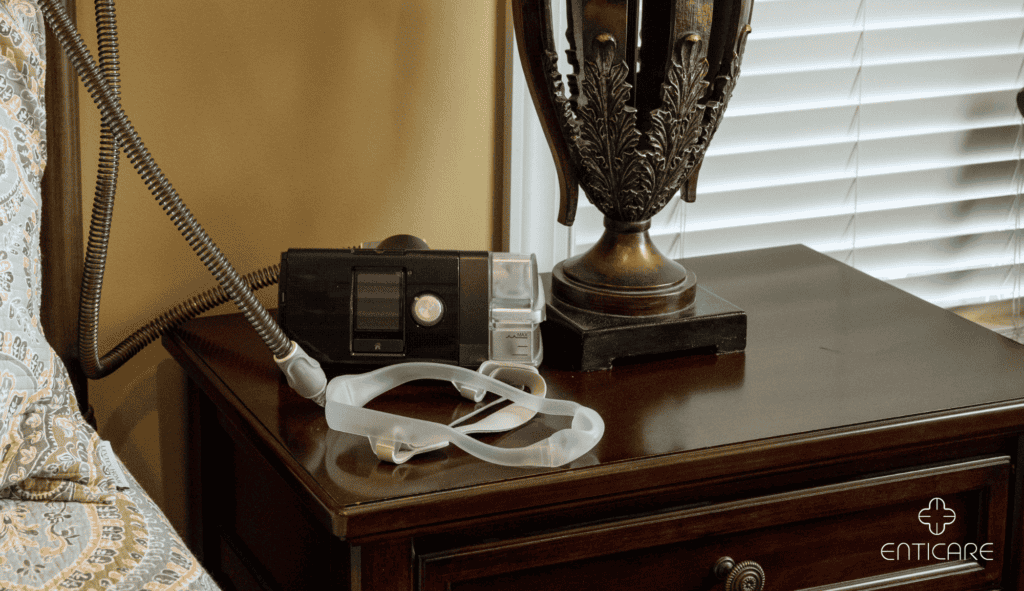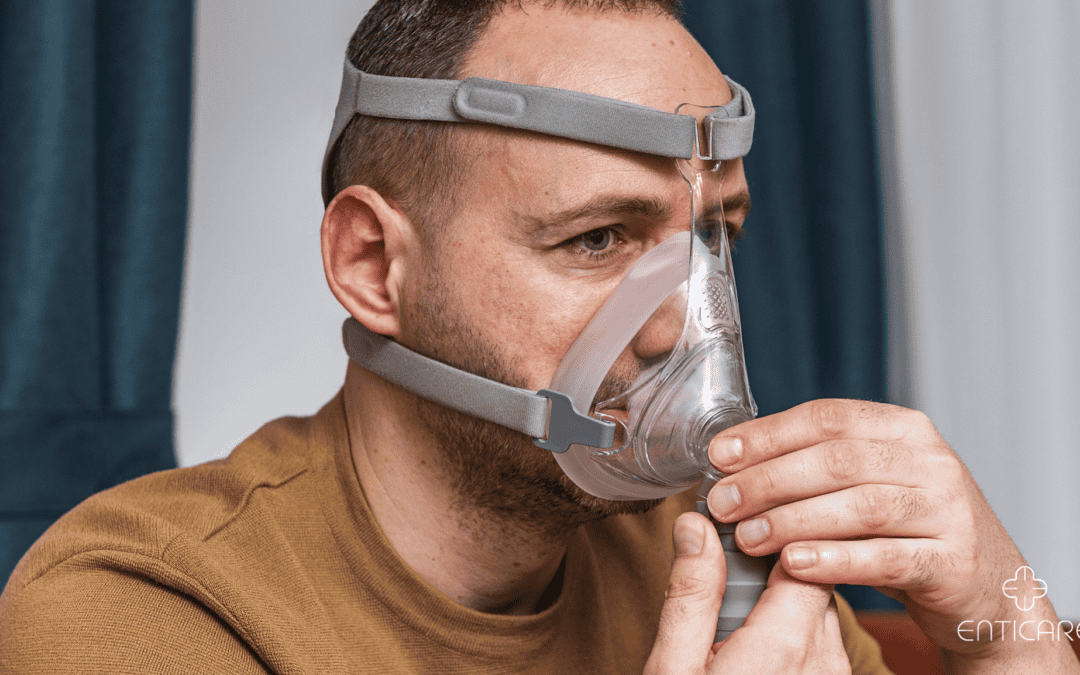Headlines about a CPAP machine recall can be unsettling. However, knowledge is power! Let’s delve into the details and understand if your CPAP machine is affected.
For millions with sleep apnea, CPAP therapy is a game-changer, ensuring restful nights by keeping airways open. But recent news of a CPAP machine recall might have you feeling worried. We’ll explore which devices are affected, the potential risks, and how to determine if your CPAP machine is part of the recall.
In June 2021, Philips Respironics, a leading manufacturer of CPAP devices, initiated a major recall of certain models due to potential health risks associated with the sound abatement foam used in the machines.

Understanding the CPAP Machine Recall
The Philips Respironics recall concerns the sound abatement foam used in some CPAP machines. This foam can degrade over time, potentially releasing particles or chemicals into the air you breathe. The potential health risks associated with exposure to these degraded materials are still under investigation by the FDA.
Which CPAP Machines Are Recalled?
The recall primarily affects specific Philips Respironics CPAP machines manufactured before April 26, 2021. ResMed is a different company and their devices are NOT part of this recall. Here’s a list of the major recalled device categories:
-
- DreamStation Series:DreamStation 1, ASV, Go, ST, and AVAPS models
- A-Series BiPAP:A-Series BiPAP A30, A40, Hybrid A30, and V30 Auto models
- C-Series ASV & S/T:C-Series ASV, S/T, and AVAPS models
- Other Affected Devices: Dorma 400, Dorma 500, E30, Garbin Plus, Aeris, LifeVent, Trilogy 100, and Trilogy 200 ventilators
Should You Be Concerned?
If you use a Philips Respironics CPAP machine, here’s what to do:
-
- Identify Your Device:Locate the model name and manufacturing date on your CPAP machine. This information is usually on a label located on the back or bottom of the device.
- Check the Recall List:Visit the Philips Respironics recall website to confirm if your specific model and manufacturing date are included in the recall.
- Contact Philips Respironics:If your device is part of the recall, register your machine with Philips Respironics for further information and next steps. They may offer options like repair, replacement, or cleaning of your device.
- Consult Your Doctor: Regardless of whether your device is included in the recall, discuss your concerns with your doctor. They can assess your individual situation and advise on the best course of action.
The Potential Risks
The potential health risks associated with degraded sound abatement foam are still under investigation by the FDA. According to the FDA, some users have reported respiratory problems, irritation, and headaches. However, the long-term health effects are yet to be fully determined.
Benefits vs. Risks
For most users, the benefits of CPAP therapy in treating sleep apnea outweigh the potential risks associated with the recalled foam, especially if they are using the device properly. Abruptly stopping CPAP therapy can be detrimental to your health.

Continued Monitoring
If your device is not part of the recall, continue to monitor it for any signs of wear and tear and consult your doctor if you have any concerns.
The Philips Respironics CPAP machine recall is a serious issue, but knowledge empowers you to make informed decisions. Remember, if you are using a ResMed device, there is no concern for this recall. Open communication with your doctor is key throughout this process. And if you have any questions, don’t hesitate to contact Enticare, our expert team is here to assist you every step of the way.

